
Typhus is a disease caused by bacteria of the Rickettsia family. There are four different types of this diseases like epidemic typhus, endemic or Murine typhus, Brill-Zinsser disease and scrub typhus.
The bacteria that cause typhus are spread by parasites like lice, fleas, mites and chiggers. People who live in overcrowded environments with poor hygiene are exposed to parasitic insects, rats and rats feces are considered to be at risk of contracting typhus.
The symptoms of typhus may vary depending on the type but generally they include fever rashes with spots and bumps headache and weakness.
Endemic typhus causes fever and chills joint pain, nausea, vomiting, muscle and abdominal pain and delirium. A cough is usually present in scrub typhus.
Typhus comes in three more or less distinctive forms.
Typhus cerebralis affects the brain and the nervous system. The symptoms of this form of typhus reflect the changes in those organs and they include the irritation stage followed by delirium, sopor and paralysis of the sensory organs. This quantity of blood present in the brain and spinal membrane and their respective membranes varies from congestion to anemia.
Typhus abdominalis affects the organs located in the abdomen specifically their mucous membrane where changes like degeneration, ulceration, and congestion take place.
Pneumo-typhus affects lungs and sometimes the heart. The symptoms of this form of typhus are a cough, pain, fast or heavy breathing, and generally resemble the symptoms of catarrh or pneumonia.
The diagnosis of typhus is done by testing where the antibodies are used to determine the presence of the bacteria. Testing also covers blood count because low levels of platelets and red blood cells can indicates typhus among other conditions. Other factors investigated in order to obtain a firm diagnosis include typhus antibodies, albumin, liver enzymes and sodium.
The treatment of typhus includes antibiotics usually tetracycline and chloramphenicol. Epidemic typhus the most severe form of this disease may require additional treatment for example intravenous administration of fluids or oxygen. Elderly people usually suffer more from typhus and require additional medical attention and the same goes for persons whose general health and immune system are impaired due to other conditions.
Typhus may lead to complications like kidney damage and damage to the central nervous system as well as pneumonia.
The best way of prevention against typhus is good personal and general hygiene and avoiding contact with parasites that may be carriers of this disease.





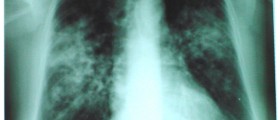


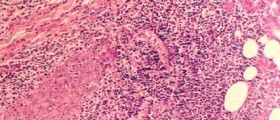
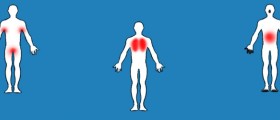

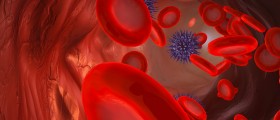


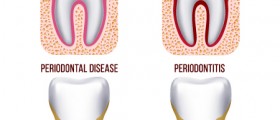

Your thoughts on this
Loading...